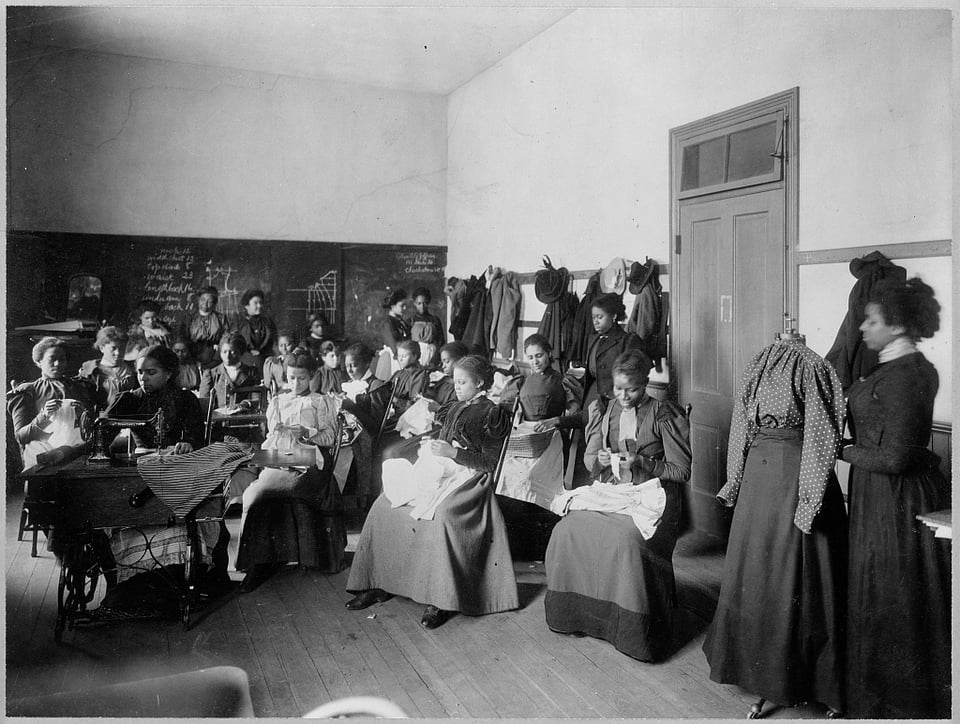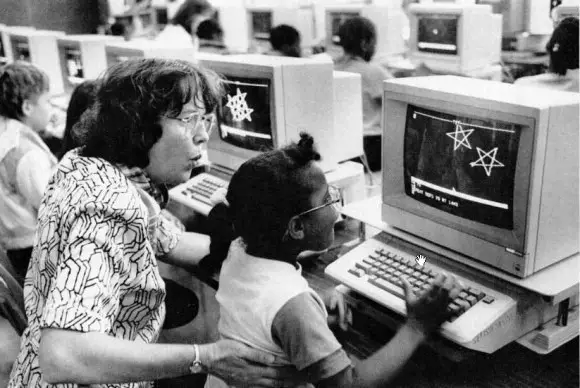u is for user
each issue of new terms & conditions is an entry toward building abc glossary — a glossary for an anti-colonial black feminist critical media ecology. contribute your own new term & condition at abcglossary.xyz to be part of this project.
i have this memory of being in Washington, DC on George Washington University’s campus as a grad student. it was such a stark campus environment after being in Richmond for undergrad at VCU, a public university vibrant with the colors of the city and the residents. the gray concrete and glass buildings came with a heaviness, both seen and felt overhead.
my campus walks consisted of me walking from the American Studies department building on the corner of G & 21st streets NW, cutting across the plaza in front of the library, and toward the Foggy Bottom train station. before descending down the stairs of the entrance, often swarming with healthcare workers, medical students, and suits, there was a block of food options on I street to court me one last time as i made my way home. one of those options included Whole Foods.

As a vegetarian at the time, Whole Foods was an accessible, not necessarily inexpensive, fast-food option. i remember entering upon one of my journeys home, buzzing with customers as usual. i made my way to the back to peruse the prepared foods in the refrigerated section, the hot bar, and the made-to-order cuisine stations offering pizza, sushi, sandwiches, and salads. each of those stations were connected to a kiosk outside of this circus of activity for customers to select their items, pay (which meant it required a debit or credit card), and receive a receipt.
on this particular trip i noticed a Black woman as i made my way toward the back area. she was older in age with bags hanging from either shoulder. she went up to one of the stations in what looked like in an attempt to order, and the person behind the counter casually pointed in the direction of the kiosks several feet away in front me. she looked over her shoulder to start in the new direction but i read the confusion covering her face. she only made it a few steps before she was spinning in circles trying to navigate the choreography of this system — each turn mounting with frustration. i imagined her to be one of the many Black local DC-natives erased by the surrounding institutions, geographies, and, at this moment, technologies in the once "chocolate city."

i never actually spoke to the woman (i've since wished i had), so this could all be a complete fabrication of what happened. However, in that moment she represented, and still does, so many things to me in regards to technological advancement and its well-documented history of exclusion, erasure, and domination. in this case, it is the story of exclusion, erasure, and domination that comes with a limited imagination of who will be your user.
user is a computing term adapted from "end-user" to account for the access needs of non-computer programmers and software developers when designing computer programs, software applications, and devices. preconceptions of a user have since evolved over the years, but still hold some residue of early imaginations of a computer user with the no technical skills, ignorant of how to solve a problem or need they have, and a willingness to accept at face-value. a presser-of-buttons if you will.
the use of computer programs beyond research and academic institutions spawned the creation of more "user-centered design" and methods like "how might we" to put oneself in the shoes of everyday people. however, these methods have proven to be harmful when driven by a desire to force-fit communities into preconceived ideas and when Black, brown, indigenous, and queer voices are excluded from these rooms. the Design Justice Network thinks through these needs with a set of principles grounded in accountability, community sustainability, and healing.
with that, how might we start to reimagine the relationship between programmers and users that aims toward all of those things using the above anecdote...
break the programmer user dichotomy
i return to melanie hoff's always already programming as scripture. the first line, "everyone who interacts with computers has in important ways always already been programming them" folds in on itself as she dissolves the exclusivity of programmers with the only ability to create, and users as the only beneficiaries of other's ideas. "the user programs and the programmer uses." this forced distinction is a form of domination that takes away the beauty of this oscillating relationship that should instead be nurtured.
I don’t know how to build and power a refrigerator, or program a computer, but I don’t know how to make a fishhook or a pair of shoes, either. I could learn. We all can learn. That’s the neat thing about technologies. They’re what we can learn to do. — ursula k. le guin, "a rant about 'technology,'" (2005)
obsolescence of our elders is out
intergenerational doesn't solely mean an attention to the younger generations. it requires we ask, "how are we building in relationship with our elders" as the keepers of our archives and stewards to a wealth of technologies. the passage quoted above reminds me, among other things, that technology should be understood expansively and much of that knowledge lives within our elders. they have been the caretakers of our many technologies, and shouldn't be rendered obsolete in the same ways some of our technologies are now built. we all are destined to become relics of a past/future and will hope that our memories are preserved.
the present is our future
in a sea of whiteness, i saw the woman mentioned above as symbolic of the Black and brown communities historically being built on top of rather than with. commercial services aren't the only systemic barriers to an equitable technological future, as social services become increasingly only accessible online. presently, not every individual has access to a bank or credit card or, access to the internet for that matter, to pay for services online. designing solely for the future can ignore issues of our current moment when it's not considered how we get to that future together.
place-keeping over place-making
gentrification is a form of ongoing colonialism, and Whole Foods had a responsibility to enter into community with local and surrounding residents. did they consider what technologies already existed in the community, the caretakers, and how they could integrate with what/who exists? did they consider the digital literacy of a new system and how they would tend to those needing support to navigate? it’s not that technology is inherently bad just like moving into a neighborhood is not but it's in how you seek, or don't seek, to be in relationship with the history, the culture, the land, and the people.
as i conclude, i'm now reimagining the "user" instead as a dreamer. who do i want to dream with this technology? or pollinator. who will seed a new future based on what i create? or caretaker. who do i imagine will take care of this technology? what terms do you imagine to replace the idea of a "user"? if you'd like to share, comments are available in my archive.
-
This is great, and it reminds me that when Whole Foods opened in my DC neighborhood (historically Black H St NE) they literally had a sign in the chocolate section (like chocolate bars) that said "chocolate city."
Add a comment: